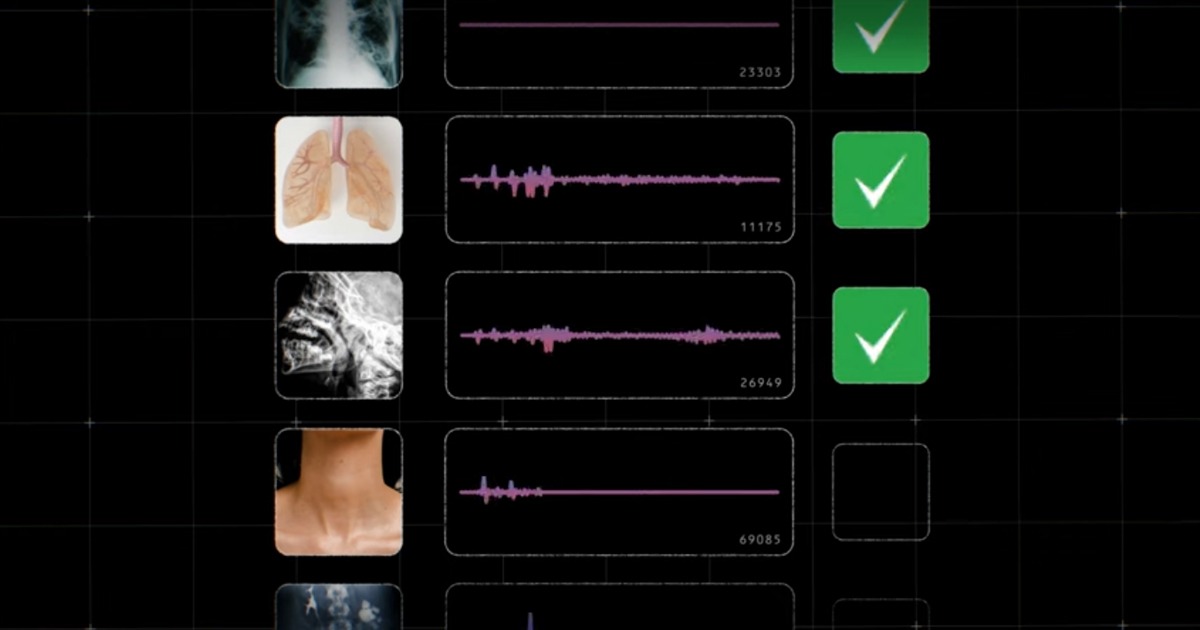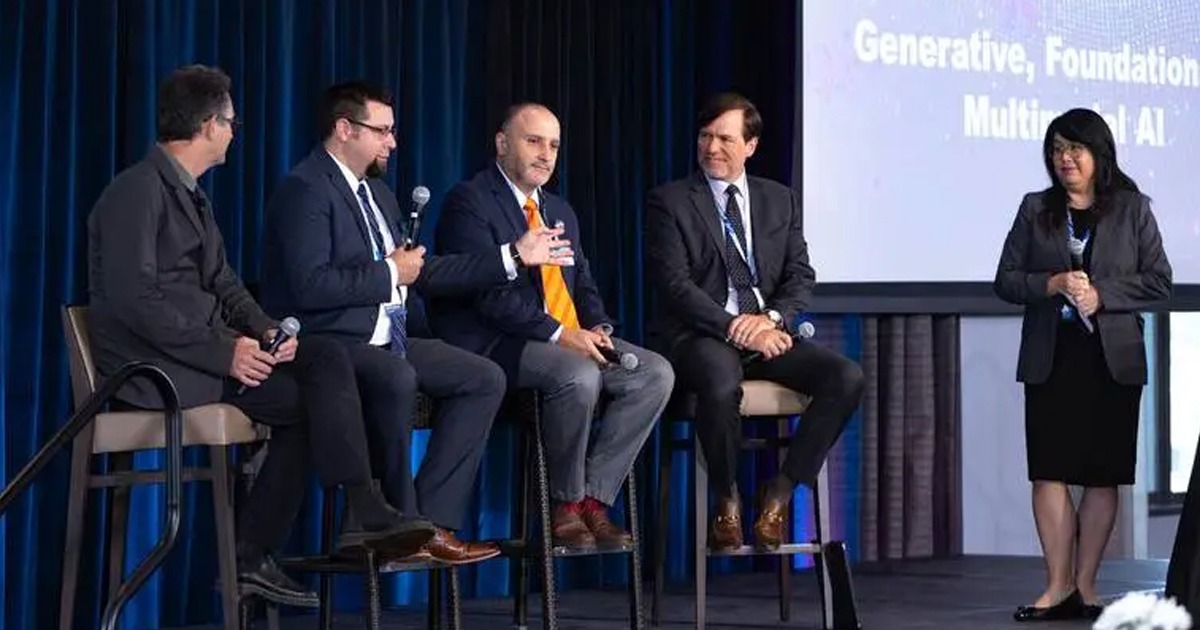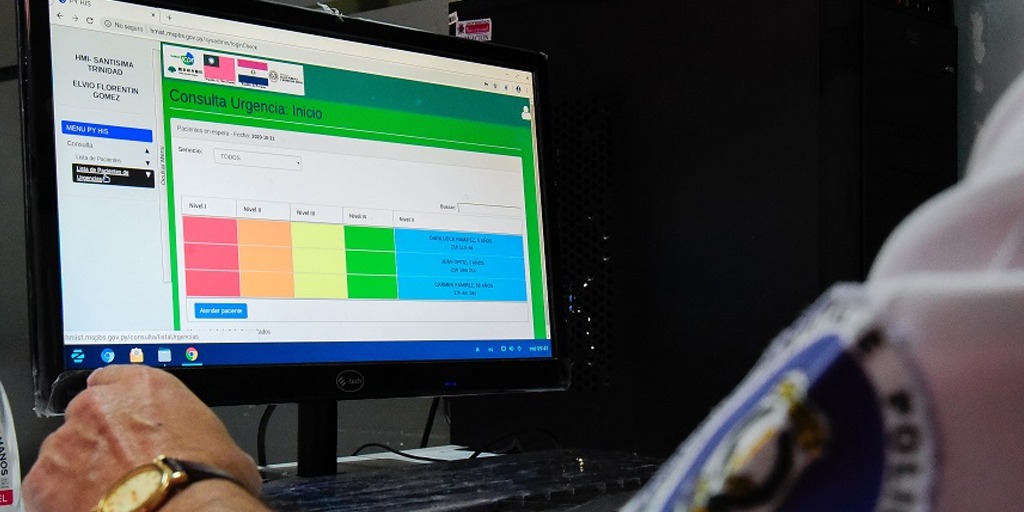Supported by the Secretary of Health, Adolfo Rubinstein, the National Digital Health Network generates relevant technological advances every day to increase its operations throughout the Argentine territory.
The initiative includes different dimensions such as:
- Shared electronic Health Record
- Digital prescription
- Clinical orders
- Public health statistics
- Records
- Programs

Argentina grouped all trafficking in information related to the health of its patients into a strategy compatible with all sectors of society; it is known as the National Digital Health Network and was presented at the II Conferences Advancing towards Universal Health Coverage in Argentina by the Secretary of Health Government, Adolfo Rubinstein.
According to current law, all workers must have nominal coverage, i.e. any worker is a candidate for health insurance inside the country. Now, the important thing is to be able to ensure that there is truly national coverage that guarantees certain services, yet for decades patients have faced different obstacles. One is that some institutions do not guarantee or even respect these guidelines. There are equity problems that stem from variables such as socioeconomic status, the place where the patient is born, works, among others. All of the above makes health coverage unequal.
In this field, the network works with the task of integrating the community into a family medicine model by extending coverage based on the exact location of groups of isolated people using digital procedures that allow to group the needs of each individual with respect to their medical circumstance.
The gap that must be tackled more closely is to decentralize the database containing all the important information of patients with the aim of only sharing what is necessary between system and system so that, in the scenario where a user stores certain information within electronic medical histories and digital recipes, it can be recorded and accessed without the risk of being tampered with unduly.
This network operates on a country-wide platform to responsibly procure the autonomy of clinical tables; so, the patient will be able to control the flow of their data when they request it and decide with absolute independence what yes and what not to communicate.
During the II Conferences Advancing towards Universal Health Coverage in Argentina, various advances were presented by more than 400 health references in the jurisdictions through which the expansion of access and quality of health services in Universal Health Coverage will be promoted.
It is currently operating in institutions such as Mendoza, Neuquén, San Juan, Ciudad Autónoma de Buenos Aires and Red AMBA, thus opening up possibilities for more public hospitals and other health centers throughout the country to join this great initiative that promotes the expansion of access to medical services.





